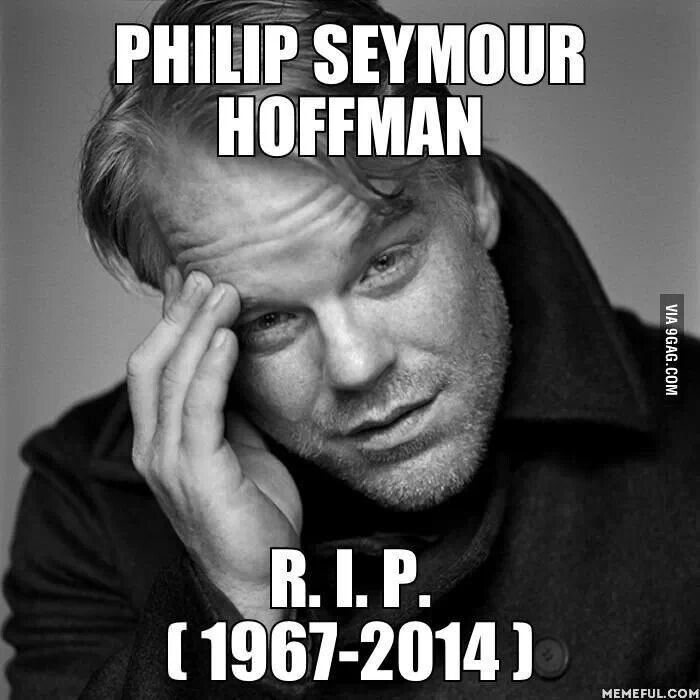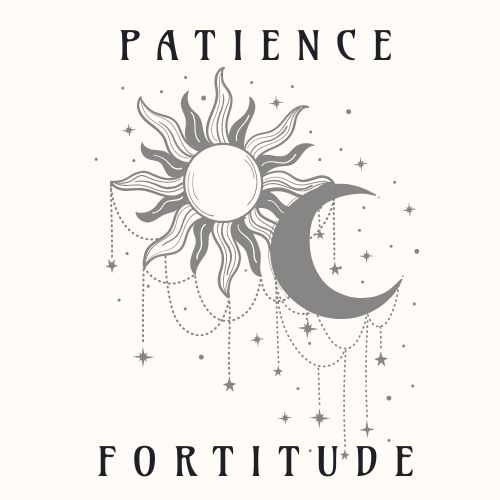Talented, award-winning actor and all-round nice guy Phillip Seymour Hoffman died at some point on Sunday, Feb. 2, 2014 from (it is assumed) a drug overdose. He had a documented issue with addiction and so this goes down as another fabulous actor lost to drugs. I am reminded in a lot of ways of the death of John Belushi (1949-1982) who was famed for both his incredible talent and his excesses.
When the news broke Sunday afternoon, my social media feeds were quickly filled with tributes to Hoffman and his work. It was touching to watch, and as a fan of his, I was very moved.
There were also a number of people who pointed out that he was an addict, that he made his own choices, that dying by an overdose is stupid, and he doesn’t deserve pity for engineering his own senseless death. That he was selfish for caving to his addiction and saddling his family with this tragedy.
Senselessness tragedy is one of the hardest things that we, as humans, can face. It hurts to know that some things just happen — some people become addicts, some children die from cancer, our cat gets hit by a car, a monumentally stupid detail such as someone buckling their seat belt determines whether they live or die — and there is nothing we can do to rationalize it or stop it in its tracks. In those moments of terror and anguish, we want to think that if we try hard enough, we can control every aspect of our lives.
It is tempting to take our sadness over a person’s death and use it a bludgeon against our fears, to pretend that “senselessness” doesn’t really exist, that it isn’t logical and it is stupid. We use logic in the same way religious people use prayer, as a cry in the wilderness demanding justice. We want to believe that our child will never be a drug addict because we raised her right; we won’t develop cancer because we don’t smoke; our brother or sister won’t die young in a DUI crash because that just wouldn’t be fair. Cause and effect are real phenomena, but they rarely play out as we think they should outside of controlled laboratories (and often not even then). When it all goes to hell we want to be able to point at a reason and say, “that’s why” and “he should have known better” and “I wouldn’t do that.”
But human conditions like addiction, depression, mental illness, bad hearts, weak immune systems etc. all thrive on the spectrum between life and death, between stupid and tragic — they are senseless in every way. Religions often play this off as “God’s plan” but that’s another side step around how it feels to be utterly, inescapably helpless in the face of something we want very badly to control.
Of such desperation are superstitions, and perhaps even whole religions, born. That’s not meant as a put down, it is simply recognizing that humans DO NOT LIKE feeling helpless and will go to extremes to banish that sense of fear. People of faith have tools to fight that darkness that they wholeheartedly believe work, such as prayer. Whether it actually works or not is immaterial, because their need to pray is an emotional reaction to helplessness.
Atheists and other non-deists have to face this head on, though, and often do so in a way that resembles thrashing blindly in the dark. A lot of non-deists claim they are fine “living the question” of why we are here and what it all means, but when confronted with concrete examples of the random senselessness of our lives they try to logic it out and put fences of rationality around the uncontrollable. People explain Hoffman’s problems as self-inflicted and his death as a stupid mistake he could have avoided. And sometimes that’s true, because there are enough recovering addicts out there to prove that it is possible. But we are doing a disservice not just to people like Hoffman who have died, we are creating a dangerous bubble for ourselves that death and grief will shatter like nothing else.
What tools do we have, then? What can we use to “make sense” of things that are genuinely senseless at an emotional level? I return to the point I make a lot: external methods of dealing with grief (and fear, and anger) can only go so far. Therapy can help and alcohol can numb. We don’t have religious traditions and platitudes to shore us up in our desperate hours. For us, the solution is internal, even if it must be practiced actively in the world we live in. That is to say, embracing atheist grief and fear of death takes compassion.
Compassion is an emotion that exists outside of our demands for reasons and justifications and judgment. With it we can acknowledge the painful senselessness of tragedy without hiding it behind curtains of “purpose” or “cause and effect”.
As non-deists we can look at the death of a talented, troubled man like Hoffman and know that yes, it was senseless, tragic, stupid and possibly avoidable without losing the thread of our humanity because we have no fear of offending god(s) by saying so. We can offer clear-eyed compassion in the face of death, because it doesn’t matter if it was random or self-inflicted, not one little bit. All that matters is that we know these experiences bind us to our own humanity as much as to each other. Compassion isn’t pretending the dark doesn’t exist or sending it away with a wish and prayer, it is standing bravely in the face of our own fears and offering a light in the dark to others no matter how senseless their problems look to us.

Phillip Seymour Hoffman, 1967-2014
